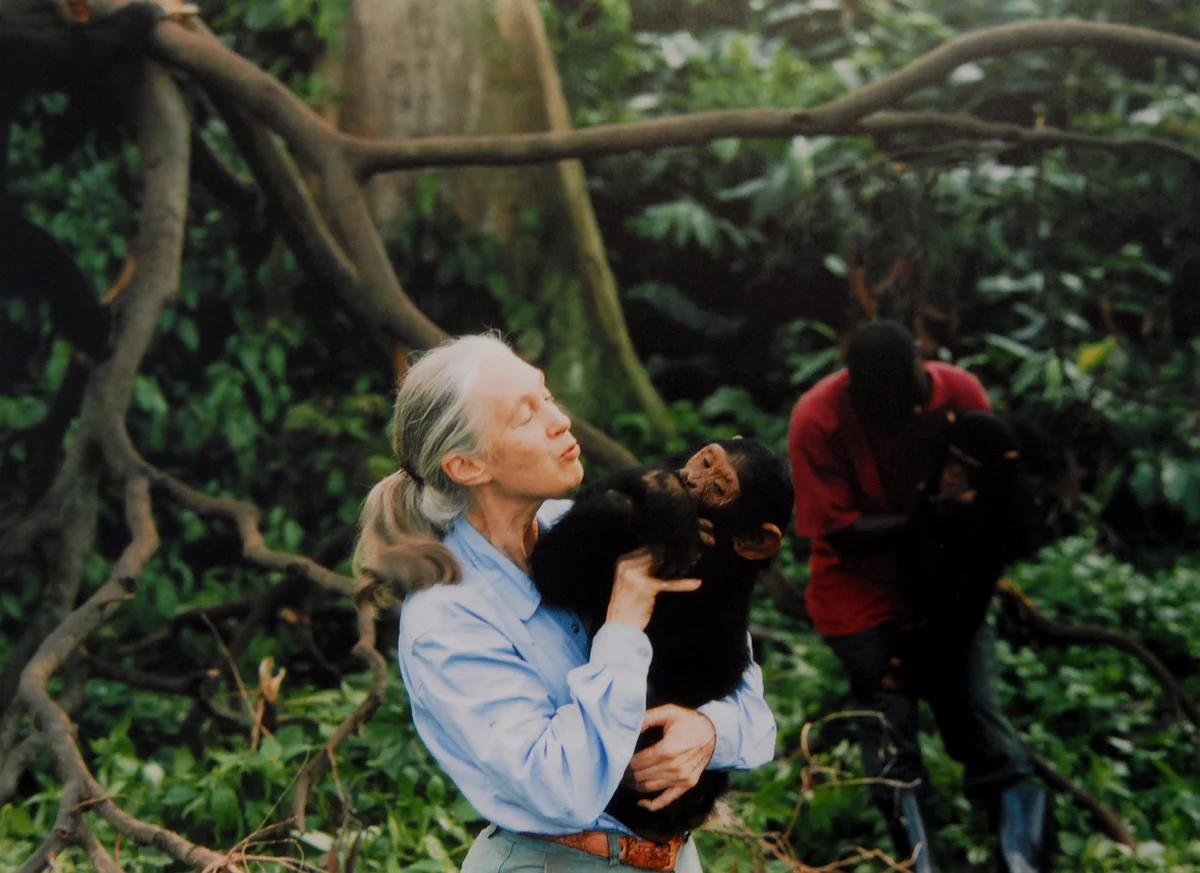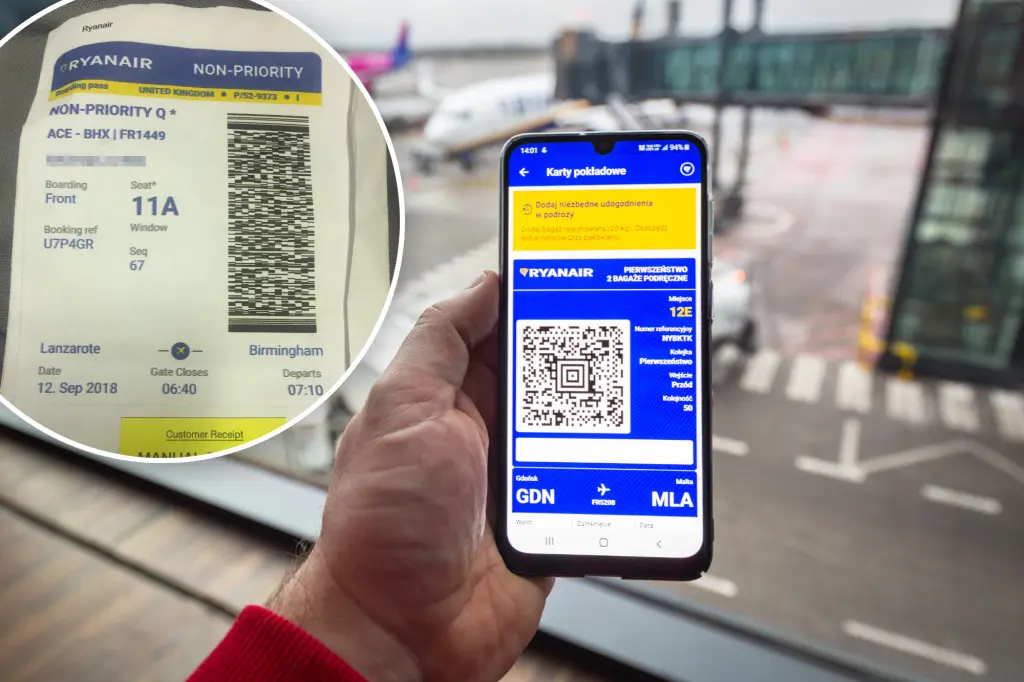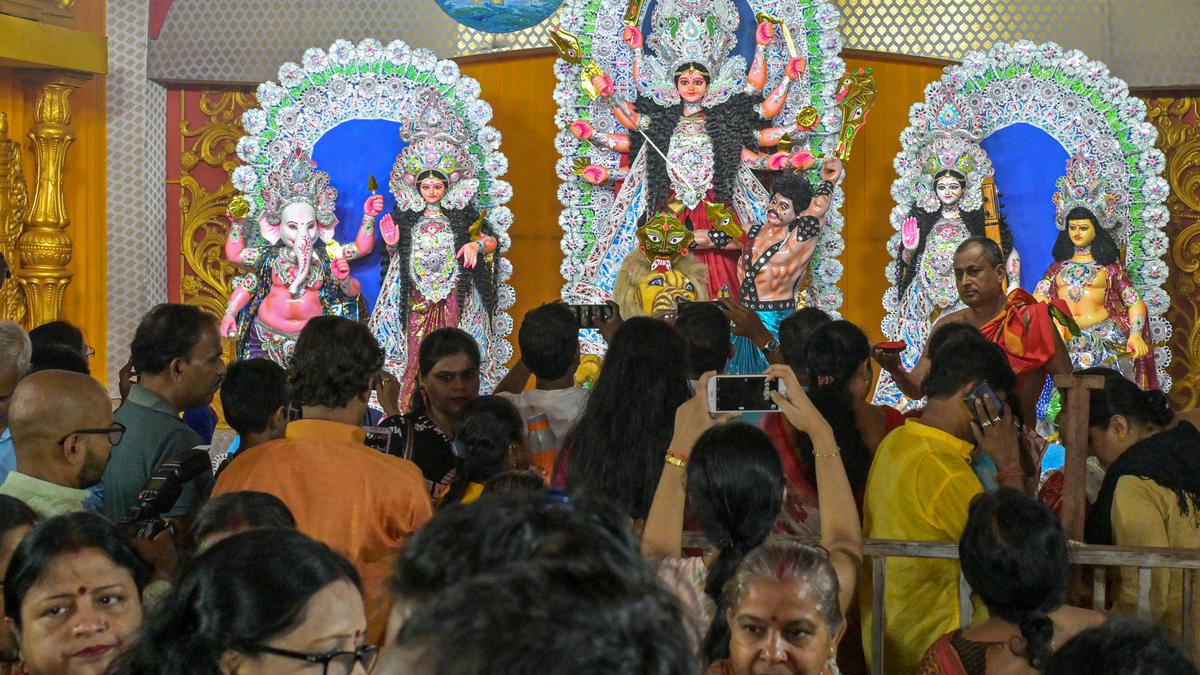By Charlotte Ambrose
Copyright standard

The British animal rights campaigner and chimpanzee expert Dr Jane Goodall has died aged 91, leaving in her wake a legacy of ground-breaking discoveries and conservation work.
Having dedicated 60 years of her life to ethology, the study of animal behaviour, her work helped to unveil extraordinary discoveries, including similarities between humans and chimps, suggesting we share common ancestors.
Goodall continued campaigning until the days before her death in California on October 1, during which she was visiting the US as part of a speaking tour about her work.
Goodall was a British conservationist and animal rights activist who dedicated over 60 years of her life to studying chimpanzees.
Having grown up in London, Goodall said she developed a fascination with animals from an early age.
In an interview in 1986, she told the BBC: “From the time I was about one and a half or two, I used to study insects, anything, and this gradually evolved and developed and grew and then I read books like Dr Dolittle and Tarzan, then it had to be Africa that was my goal.”
In July 1960 aged 26, Goodall ventured to Tanzania to study chimpanzees, adopting an unorthodox approach to research by immersing herself in the species’ habitats in order to better understand their complex social networks.
She came to know each chimpanzee “not only as a species, but also as individuals with emotions and long-term bonds” according to the Jane Goodall Institute.
Her work made way for ground-breaking discoveries about the similarities between humans and apes, along with redefining approaches to species conservation to include the needs of local people and the environment.
Goodall’s career was rich with ground-breaking discoveries and honorary awards from world leaders and international organisations including the UN.
Her discovery in 1960 that chimpanzees make and use tools has been considered one of the greatest achievements in twentieth century scholarship, according to the Jane Goodall Institute.
In 1977, Goodall founded the Jane Goodall Institute with the purpose of ensuring the legacy of her life’s work campaigning for animal rights and habitat conservation continued.
The primatologist said that her most prized distinction was becoming the UN Messenger of Peace in 2002.
In 2004, the King, who was then Prince Charles, awarded Goodall with a damehood at Buckingham Palace for her work in ethology and conservation.
In 2017, National Geographic released the film Jane based on Goodall’s life – it documents the beginning of her research journey in Tanzania, her relationship with her first husband and how she raised her son alongside completing ground-breaking studies of chimpanzees. The film was received with critical acclaim, winning 13 prizes, including two Emmys, and several other nominations.
More recently, Goodall spoke on the Greenpeace stage at Glastonbury festival last year and also appeared on the Call Her Daddy Podcast.
Earlier this year in January, Goodall received a Presidential Medal of Freedom from the then US President Joe Biden.
Goodall remained active in her work throughout her life, embarking on a speaking tour in the US, as well as wider travel to discuss her work and campaign for the importance of studying and understanding the natural world.
Jane Goodall is captured exploring the daily lives of chimpanzees in Gombe Park in this film.
Rotten Tomatoes score: 93 per cent
This documentary explores the 12,000 year old legacy of seed keepers and their role in the global food market.
Goodall is one of a handful of environmental experts in the film offering insight into the future of food.
Rotten Tomatoes score: 93 per cent
In 2017, National Geographic released the film Jane based on Goodall’s life – it documents the beginning of her research journey in Tanzania, her relationship with her husband and how she raised her son alongside completing ground-breaking studies of chimpanzees.
The film was received with critical acclaim, winning 13 prizes, including two Emmys and several other nominations.
Rotten Tomatoes score: 98 per cent
Goodall offers expert insight in this film exploring the impact of tourism on different communities and the environment.
The Last Tourist delves into how over-tourism has negatively impacted the environment on a global scale, but can also be leveraged as a force for good to transform communities and promote cross-cultural connection, as well as target poverty.
Rotten Tomatoes score: 100 per cent
Goodall met her first husband, the Dutch National Geographic photographer Hugo van Lawick in Tanzania while she was studying chimpanzees.
The couple married in March 1964, holding their ceremony at Chelsea Old Church in west London.
They remained married for a decade and had a son together, but the couple drifted apart when van Lawick’s work took him to Serengeti, while Goodall chose to remain in Gombe.
Earlier this year, Goodall told Alex Cooper, host of the Call Her Daddy podcast: “I definitely wish we could have carried on with that marriage because it was a good one.”
Goodall’s son, Hugo Eric Louis, who she had with van Lawick, was born in Kenya in 1967 and spent his early years living at the Gombe Stream research site in Tanzania where Goodall studied chimpanzees and van Lawick documented her work.
Goodall said her study of chimpanzees helped her to parent her own child, in 2022 she told SheKnows: “I think that I learned the same sort of thing from watching chimpanzees and learning about my own mother and the way she raised me.”
“The most important thing is support. You need to support your child in what they want to do, they might change their mind but don’t try and impose what you want your child to do on them, just support them,” she added.
Hugo spent his school years between England and Africa, splitting his time between studying in Bournemouth where he lived with his grandmother, then spending the summers in Tanzania with his mother.
Hugo now lives in Tanzania with his wife Maria, with whom he has three children Angel, Merlin and Nick.
A year after her divorce from van Lawick, Goodall married her second husband Derek Bryceson, director of the Tanzanian national parks.
Bryceson was also a member of parliament, a position which facilitated Goodall’s access to Gombe and other conservation areas.
He died of cancer in 1980, leaving Goodall widowed as she never remarried.



